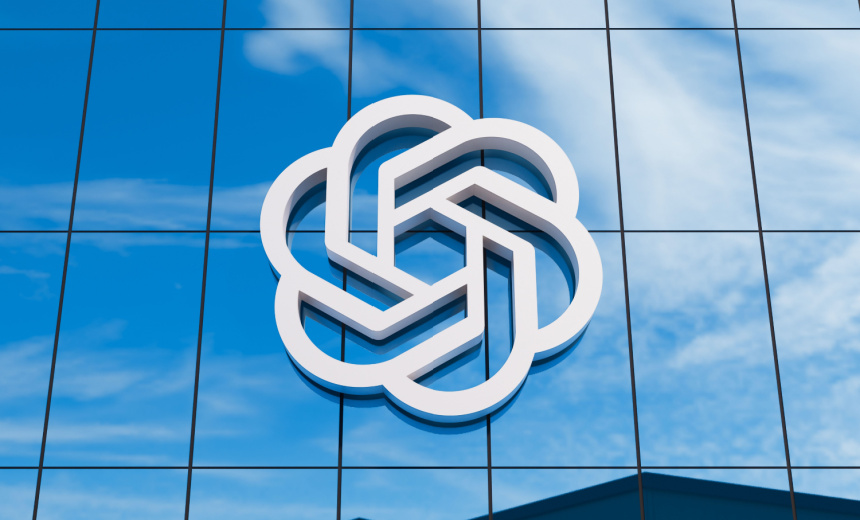OpenAI, a leading artificial intelligence research organization, made headlines on Monday as it closed a monumental $40 billion funding round. This investment, the largest of its kind in the tech industry, has positioned OpenAI as a major player in the global private company rankings, with a valuation of $300 billion. The funding round was reportedly led by Japan’s SoftBank, which contributed $30 billion to the total amount, alongside other investors such as Microsoft, Coatue, Altimeter Capital, and Thrive Capital.
This significant influx of capital is expected to fuel OpenAI’s ambitious infrastructure projects, including the SoftBank-Oracle joint venture known as the Stargate initiative. Initially, $10 billion will be deployed for these projects, with the remaining $30 billion earmarked for implementation by the end of 2025. However, SoftBank’s continued commitment is contingent upon OpenAI transitioning to a for-profit structure by the year’s end. This restructuring would necessitate approval from Microsoft, California regulators, and could potentially face legal challenges from OpenAI’s co-founder, Elon Musk.
OpenAI’s current governance model revolves around a capped-profit limited partnership overseen by a nonprofit entity. Should the organization shift to a for-profit setup, the nonprofit would spin off as an independent entity, with investors holding convertible notes receiving equity stakes in the process. Despite these potential challenges, OpenAI’s rapid growth and success cannot be understated. ChatGPT, their flagship product, has seen a significant increase in users, with 500 million weekly users as of now.
The funding round comes at a time when OpenAI is experiencing exponential growth and success in the AI market. The company’s revenue is projected to triple to $12.7 billion by the end of the year, signaling a robust performance in a market expected to surpass $1 trillion within the next decade. OpenAI faces stiff competition from the likes of Google, Amazon, Anthropic, and Perplexity, all of whom are intensifying their innovation efforts to capture a share of the lucrative AI market.
CEO Sam Altman, in a recent announcement, revealed that ChatGPT gained a million new customers within just one hour of launching a new image-making tool. Additionally, Altman teased future hardware ventures, hinting at the release of a “rly cute” computer and bolstering the company’s hardware team by recruiting former Meta executive Caitlin Kalinowski to lead robotics and consumer hardware efforts.
However, concerns have been raised regarding the delayed rollout of a major GPT update, with the release of the GPT-4.5 version serving as a stopgap measure. The full rollout of a next-generation model, previously referred to as o3, has been put on hold in favor of integration with GPT-5, though no release date has been confirmed for this updated model.
As OpenAI continues to expand and innovate, operational shifts are also taking place within the organization. CEO Sam Altman will be focusing more on research and product development, while Chief Operating Officer Brad Lightcap will assume broader responsibilities overseeing business functions. These changes reflect OpenAI’s commitment to staying at the forefront of AI innovation and solidifying its position as a key player in the industry.


